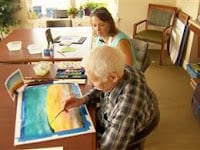
Why Does Sunshine Fight Dementia?
Got enough sunshine? Learn how sunshine seems to offer a bright, simple way to lower your risk of dementia.

Got enough sunshine? Learn how sunshine seems to offer a bright, simple way to lower your risk of dementia.
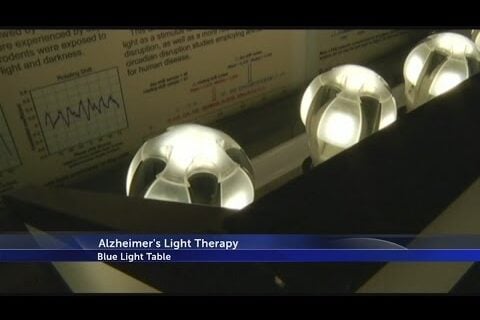
Lighting affects how people feel. The right light reduces agitation and improves mood in people with dementia.

LIGHTING TIP + NEW VIDEOS: Light therapy for Alzheimer’s increases sleep quality, efficiency and duration, according to an important study. 4 weeks of light therapy also significantly reduced depression and agitation. Learn how.
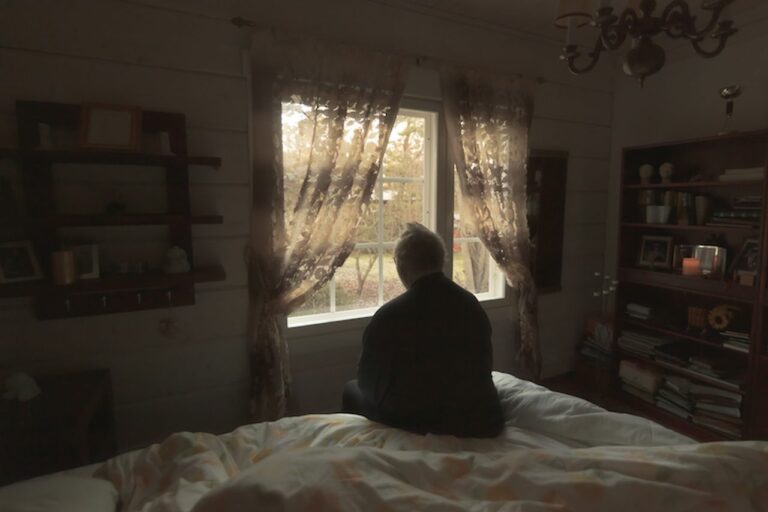
Alzheimer’s research from UVA Health suggests that enhanced light sensitivity may contribute to “sundowning” – the worsening of symptoms late in the day.
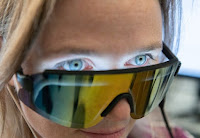
Researchers say exposure to light that’s pulsing at 40 beats per second causes the brain to release a surge of chemicals that may help fight Alzheimer’s disease.

VIDEO: A STIMULATING THERAPY could be music to ears with Alzheimer’s. In dementia, sound-stimulation at 40 hertz appears to increase cognition, clarity and alertness. See

FASCINATING VIDEO + ARTICLE: Learn how people with Alzheimer’s have better cognition skills in the late summer and early fall. Find out how seasonality affects

VIDEO + ARTICLE: MIT researchers substantially reduced beta-amyloid plaques in Alzheimer’s, using LED lights flickering at a specific frequency.

The co-founder of a caregivers’ organization introduces technology he has found helpful in caring for his grandmother with dementia.
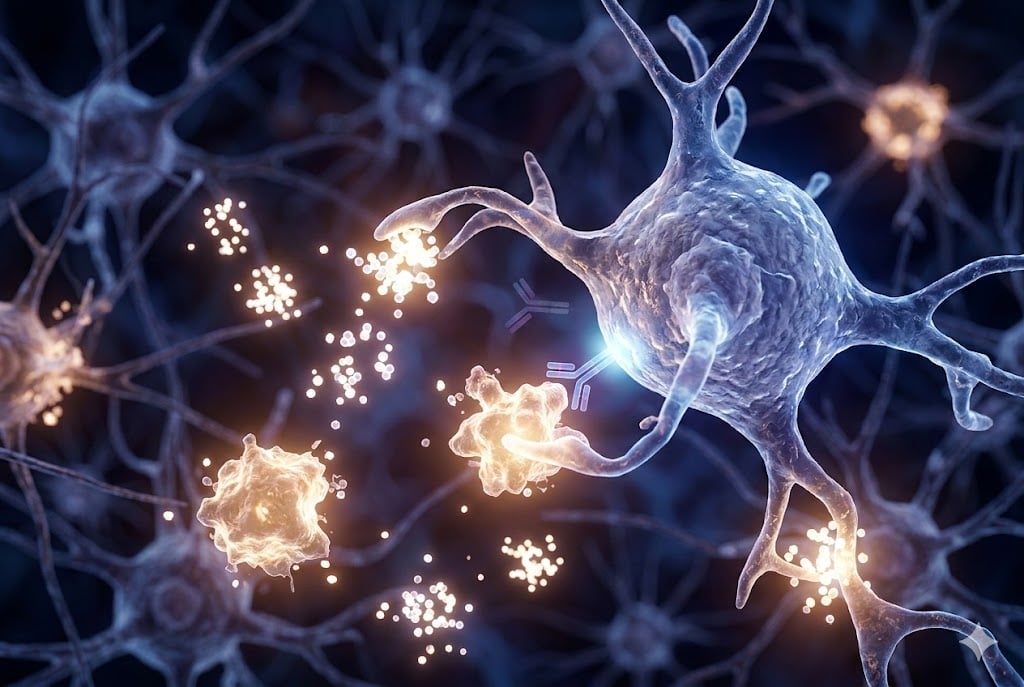
New research reveals that Leqembi’s Fc region switches on microglia — the brain’s immune cells — helping them clear toxic amyloid. Here’s why that mechanism matters for treatment and safety.

People with dementia are enjoying yoga and dance classes at the Alzheimer’s Association. See why caregivers find the classes “EXTREMELY helpful.”

The co-founder of a caregivers’ organization introduces technology he has found helpful in caring for his grandmother with dementia.

People with dementia are enjoying yoga and dance classes at the Alzheimer’s Association. See why caregivers find the classes “EXTREMELY helpful.”

Swiss researchers find that people with certain personality traits are protected against Alzheimer’s disease, including those who are less agreeable, had natural curiosity, and were nonconformists. Find out why.

Learn about ‘personalized music for dementia’ and its powerful effect on Alzheimer’s. See the Director of the hit film, ‘Alive Inside’, on the dementia-impact of music.
No spam, only news and updates.

